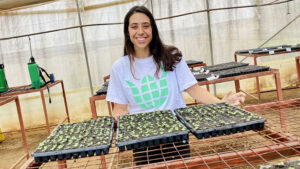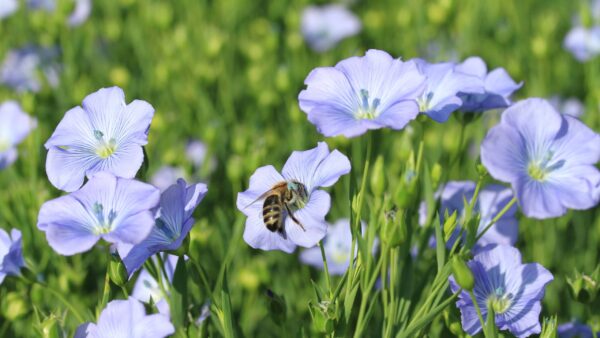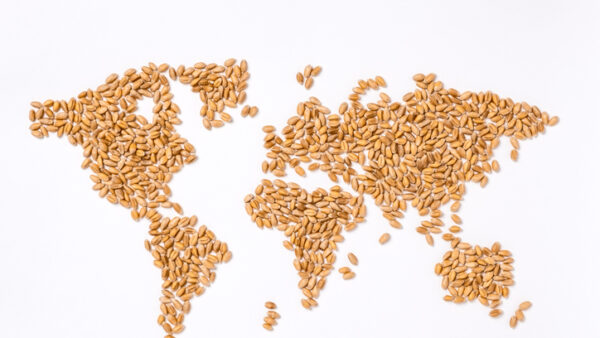When farmers are in despair, humanitarian food supplies are imperative to lessen human suffering and death. The need for such actions is in the headlines now with Ukrainian grains being stuck in the country and the World Food Programme is confronted in a logistical and financial crisis in order to relieve food shortages in the Middle East and east Africa in particular. Its double-digit budget increases over the past years reaching USD $9.6 billion last year, will not meet the increasing purchase and fuel prices.
Food supplies are needed, but in the end, it is more important to make sure that food can be produced locally. The immediate response has been to supply free seeds and farm implements to farmers affected by natural or human-made disasters. FAO currently has programs amounting to USD $35 million worth of seed distributed in various countries.
There are different ways to help such farmers with seed and various ways that can do a lot of damage.
The first risk is logistics: even though relief organizations are generally logistics specialists, they tend to lack agricultural knowledge. Seed need to be supplied at the very specific moment and when delayed only two or three weeks, the impact may be lost.
Second: procurement. Relief agencies are commonly using tenders. The cheapest supplier, meeting the prescribed conditions will get the contract. As long as there is some certificate, the accountants are happy, but we all know that cheap seed is not always what farmers need. A specifically killing risk is getting the right varieties. I have seen sorghum seeds being distributed in Southern Sudan briefly after independence. The relief agency had to buy certified seed in bulk (in other countries) for agency-policy reasons. This is fair enough because you don’t want non-germinating seeds. In large quantities because of financial accounting reasons. The result was that an 8-month variety was distributed in a region with bimodal rains. So, these poor farmers had prepared their land and took care of their crop which produced a lot of green leaves by the time the dry season kicked in. They broke their back without producing any food.
Then finally and least on the radar screen of relief agencies: damage to local seed systems! Handing out free seed can seriously disrupt regular seed supply, be it social relations in and among communities of farmers, and more evidently commercial seed sales and production networks. Free seed undermines the concept that seed is valuable and kills local businesses. Experience in Africa shows that some seed producers get a tremendous boost by selling large quantities to the relief agencies, but such demand is very unpredictable and often not very quality conscious, thus making the ‘boom’ short-lived.
Ukraine has asked for donations of seed this spring and now that the war is far from over, such requests are likely to re-emerge in a few months from now. Let me make clear that Ukrainian and African farmers and institutions are quite different, but we have to be aware of similar risks. How to avoid alienating your local distributors? How to avoid long-term disruption with short term solutions? How to avoid that well-willing relief organisations without any seed knowledge step in, in parallel to more serious initiatives?
We normally see development cooperation as ‘the south learning from the north’ (Sorry Aussies and Kiwis). For once, be prepared to learn from the South! ISSD-Africa, MercyCorp and Seedsystems.org have jointly created a “Seed emergency Response TOOL” that can help practitioners to avoid the biggest mistakes. They analyze, based on a few decades of experience, direct seed distribution, market-based support to clients (e.g., using cash or vouchers instead of handing out seeds) and market-based support to suppliers.
Seed is the basis of all crop production; good quality seed of the best available variety is not a present from heaven but from hard working breeders and seedsmen, but bad seed is a present from hell!













